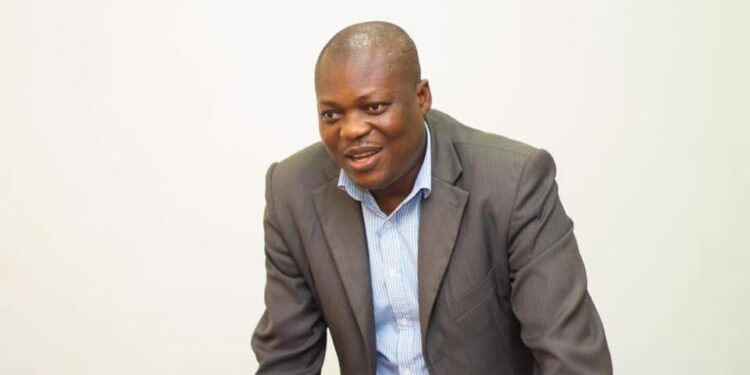Economic Stability Central to Revenue Growth Despite GDP Downgrade by World Bank – Prof. Gatsi
The World Bank has marginally revised Ghana’s 2024 Gross Domestic Product (GDP) growth projection from 4% to 3.9%, citing the impact of global trade and tariff dynamics on economic performance.
Commenting on the revised projection, Dean of the University of Cape Coast School of Business, Prof. John Gatsi, noted that variations in economic projections are routine in fiscal management and reflect prevailing domestic and international conditions.
According to Prof. Gatsi, while the slight downward adjustment in the growth forecast may raise concerns in some quarters, it does not signal any significant deviation from the country’s medium-term economic prospects.
“Over the decades, Ghana’s economy has often outperformed projections from international financial institutions. What is more important is maintaining a clear focus on building economic stability, resilience, fiscal responsibility, fair tax administration, and productive debt management,” Prof. Gatsi asserted.
He further emphasised the role of economic stability in fostering a conducive environment for economic activity, noting its importance in driving revenue mobilisation and sustaining investor confidence.
“Economic stability promotes predictability, which in turn drives public investment and enhances purchasing power. It also provides the right environment for investing in social programmes and infrastructure,” he explained.
Touching on fiscal reforms, Prof. Gatsi highlighted the importance of deepening accountability frameworks, including the adoption of comprehensive contract database management systems, as crucial to economic management.
He also pointed out that depending on the unfolding global and domestic economic conditions, the current GDP forecast could be subject to further revisions—either upward or downward—by the end of the year.
“Stability promotes tax compliance and supports efficient tax administration, which are both essential for boosting revenue,” Prof. Gatsi concluded.
The World Bank’s latest projection forms part of its broader outlook for Sub-Saharan Africa, where growth is expected to remain subdued amid external pressures and domestic fiscal challenges.








